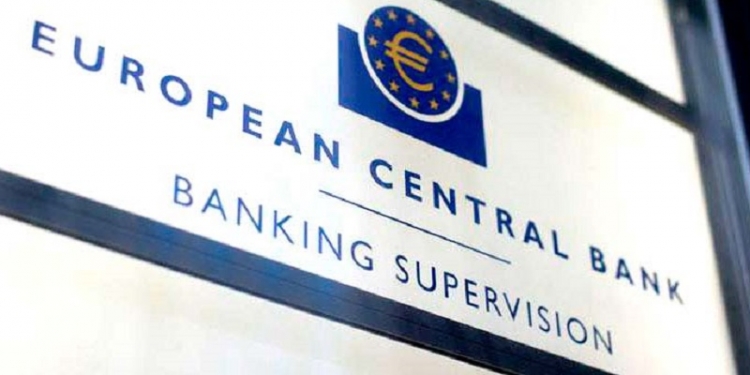The European Central Bank (ECB) decided in December 2020 to offer a nine-month extension of its temporary swap and repo lines with non-euro area central banks. The central banks of Albania, Croatia, Hungary, the Republic of North Macedonia, Romania, San Marino and Serbia have agreed to extend the duration of their euro liquidity lines with the ECB to March 2022.
ECB decided to extend temporary euro liquidity lines by nine months to March 2022
The lines were established earlier in 2020 to provide euro liquidity to financial institutions in the respective countries via the corresponding national central banks. The objective of these euro liquidity lines is to address possible euro liquidity needs in non-euro area countries in the presence of market dysfunctions due to the COVID-19 pandemic. Furthermore, they aim at preventing spillback effects on euro area financial markets and economies that might adversely impact the smooth transmission of ECB monetary policy. The temporary euro liquidity lines had previously been set to expire in June 2021.
Objective of these euro liquidity lines is to address possible euro liquidity needs in non-euro area countries in presence of market dysfunctions due to COVID-19. Through a swap line agreement, Hrvatska narodna banka (Croatian National Bank) can borrow up to €2 billion from the ECB in exchange for Croatian kuna.
Under their respective repo line agreements:
- Banka e Shqipërisë (Bank of Albania) can borrow up to €400 million from the ECB
- Magyar Nemzeti Bank can borrow up to €4 billion from the ECB
- Народна банка на Република Северна Македонија (National Bank of the Republic of North Macedonia) can borrow up to €400 million from the ECB
- Banca Naţională a României (National Bank of Romania) can borrow up to €4.5 billion from the ECB
- Banca Centrale della Repubblica di San Marino (Central Bank of the Republic of San Marino) can borrow up to €100 million from the ECB
- Народна банка Србије (National Bank of Serbia) can borrow up to €1 billion from the ECB
Under a repo line, central banks can borrow euro up to the specified limit in exchange for adequate euro-denominated collateral.















